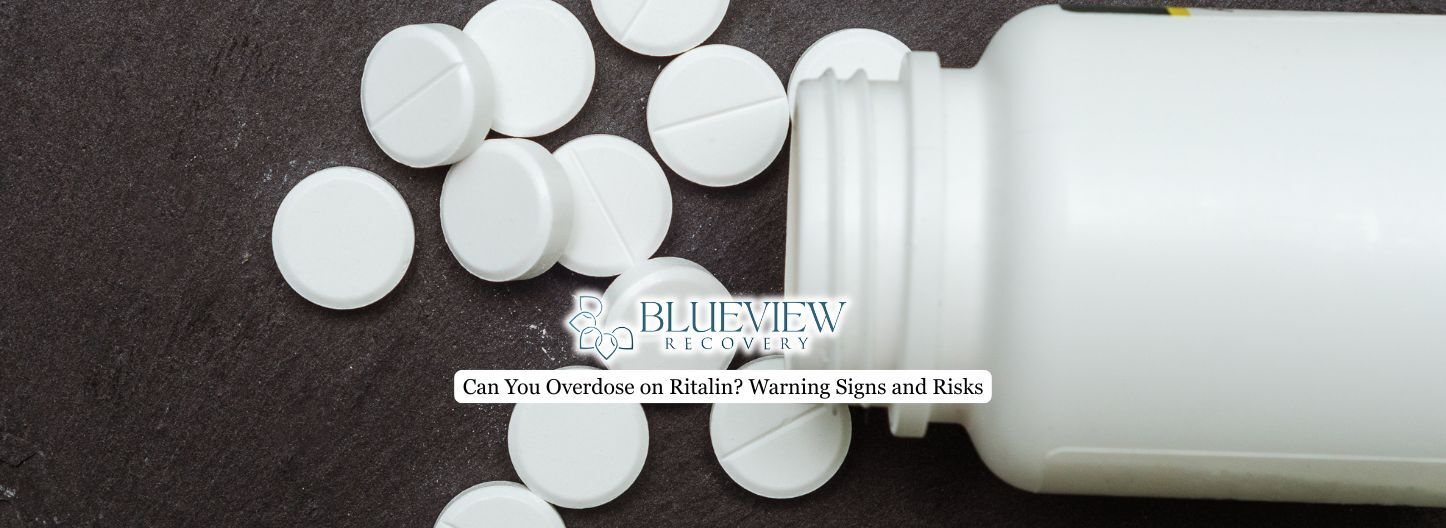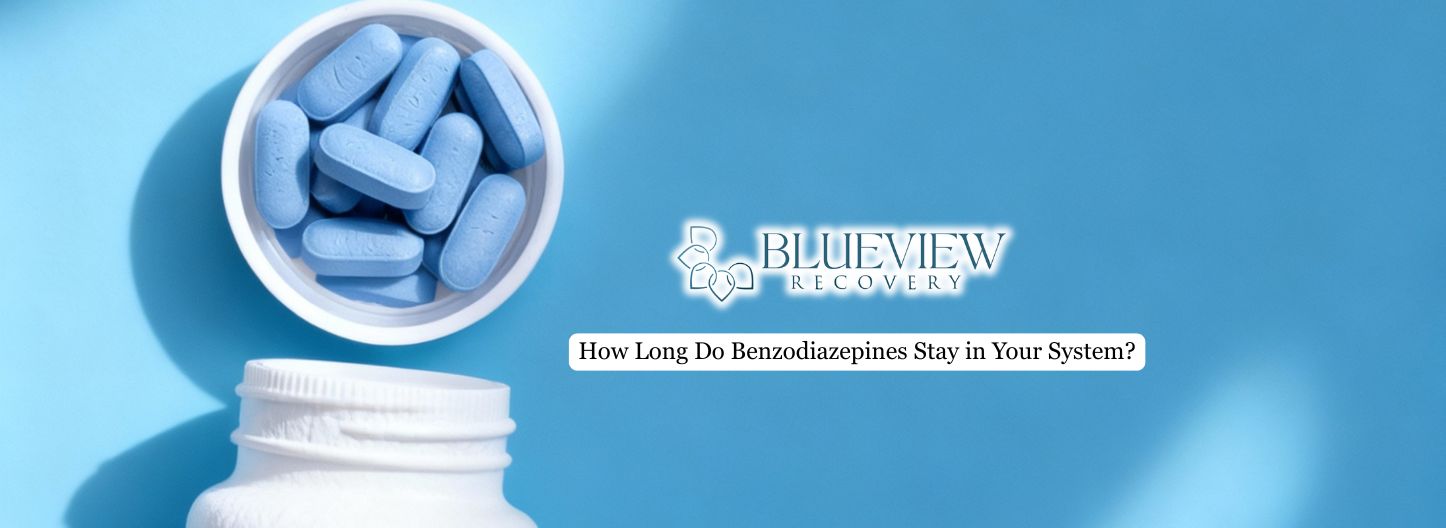Discovering that your spouse may be struggling with alcohol can be overwhelming and painful. It impacts not only your relationship but also the emotional and physical health of everyone in the household. Recognizing the signs early and taking informed, compassionate action can make a crucial difference.
This article explores how to identify problematic drinking, approach your spouse with care, protect your own well-being, and encourage professional treatment options for lasting recovery.

Recognizing the Signs of Alcohol Misuse in a Spouse
Alcohol problems often develop slowly, making them easy to overlook until they begin causing real disruption. Warning signs may include secrecy, hiding liquor, becoming defensive about habits, or needing larger amounts to feel the same effects, which signals growing tolerance.
You might also notice physical changes such as frequent hangovers, blackouts, memory problems, or a decline in personal hygiene. Emotionally, your spouse may become irritable, withdrawn, or unpredictable. When drinking begins to affect work performance, parenting responsibilities, finances, or your relationship, it may be a sign of alcohol use disorder (AUD) rather than casual drinking.
Understanding AUD and Its Impact
AUD is a clinically recognized medical condition that exists on a spectrum, from mild to severe. It is defined by the inability to control or limit drinking despite serious consequences. It affects the brain’s reward circuitry by altering neurotransmitters such as dopamine and GABA, which regulate pleasure, stress, and impulse control. This rewiring leads to cravings, tolerance, needing higher amounts to feel the same effects, and withdrawal symptoms when use is stopped.
For spouses, the impact often extends far beyond the drinking itself. Trust can erode when promises to quit are broken, and emotional intimacy may decline as alcohol becomes the central focus of the household. Financial stress is also common, whether from spending, medical bills, or missed work. The strain of living with a partner who struggles in this way can create emotional exhaustion, anxiety, or depression. AUD co-occurs with trauma, PTSD, or mood disorders, which can intensify the cycle and make change even more difficult without support.
Breaking this cycle often requires seeking professional alcohol addiction treatment, which can ease strain on the relationship and create a clear path toward recovery for both partners.
How to Talk to Your Spouse
Approaching your spouse requires compassion and preparation. Choose a calm, private setting and speak when they are sober. Use “I” statements to express your concerns, for example: “I feel worried when you drink heavily because it affects our family”, rather than accusations that may lead to defensiveness.
It is also important to set boundaries for your emotional safety. This may mean refusing to cover for them at work, avoiding enabling behaviors such as buying alcohol for them, and being clear about what changes you expect moving forward.
Coping Strategies for Partners
Supporting someone with alcohol misuse can be exhausting, which is why taking care of yourself is essential. Engage in stress-reducing activities such as exercise, journaling, or mindfulness practices. Joining a support group like Al-Anon can connect you with others in similar situations and provide practical coping strategies.
If you are experiencing anxiety, depression, or resentment, consider individual therapy. A mental health professional can help you process emotions, avoid co-dependency patterns, and develop tools for protecting your own well-being.

Encouraging Treatment and Recovery
Your spouse may be resistant to seeking treatment at first, but your encouragement can be a powerful motivator. Explore options such as medical detox, outpatient programs, inpatient alcohol rehab, or therapy. A structured intervention guided by a professional may be necessary to help your loved one accept treatment.
Family participation often improves outcomes, as recovery is more successful when the home environment supports sobriety. You might be invited to join family therapy sessions or educational programs designed to rebuild trust and improve communication.
When to Seek Professional Help
Sometimes, even with love and effort, the drinking continues or worsens. If you notice emotional abuse, unsafe behavior, or harm to children, it may be necessary to involve a therapist, counselor, or even legal professionals to protect yourself and your family.
Couples therapy can be valuable for addressing resentment and rebuilding the relationship after your spouse enters recovery. Individual therapy can also help you work through anger, guilt, or fear that may arise from living with a partner who struggles with alcohol.
Final Thoughts from Blueview Recovery
When a spouse struggles with alcohol, the impact can ripple through every aspect of family life, creating stress, distance, and emotional strain. Coming full circle, the key to breaking this pattern lies in recognizing the signs early, approaching the issue with empathy, and taking decisive steps toward professional help. Addressing the problem rather than waiting for it to escalate, couples can begin rebuilding trust, improving communication, and working toward a healthier future together.
At Blueview Recovery, we offer comprehensive alcohol addiction treatment in Philadelphia, Pennsylvania, designed to support both individuals and their loved ones. Our programs combine evidence-based therapies, medical support, and family involvement to promote lasting recovery. We believe healing is most effective when the whole family is supported, giving couples the tools they need to navigate challenges, restore stability, and move forward together.





